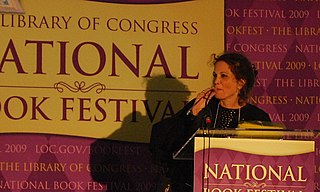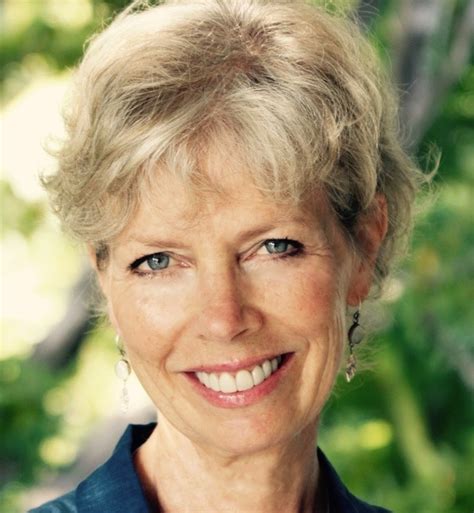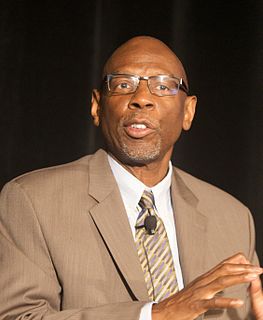A Quote by Joan Wallach Scott
I don't think colleges are safe spaces. It's one thing to have a fraternity house or a community center where students can go and talk about their shared experiences. But it's another thing to have safe spaces in the sense that the university's providing them with protection from what they have to experience and find ways of protesting and resisting.
Related Quotes
For some people, work is the only safe haven from abuse. So all employers in businesses big and small, whether in the public or private sector, should be encouraged to create safe spaces at work where staff suffering domestic abuse can talk to an appropriately qualified person who can provide advice and offer support.
Young women at our elite colleges are among the safest, most privileged and most empowered of any group on the planet. Yet, from the moment they get to campus - and now, even earlier - an endless stream of propaganda tells them otherwise. They are offered safe spaces and healing circles to help them cope with the ravages of a phantom patriarchy.
Look, look, Jeb [Bush] said we were safe with my brother. We were safe. Well, the World Trade Center just fell down! Now, am I trying to blame him? I'm not blaming anybody. But the World Trade Center came down. So when he said, we were safe, that's not safe. We lost 3,000 people, it was one of the greatest - probably the greatest catastrophe ever in this country if you think about it, right?
One thing we've learned this summer is that a house is not an end in itself, any more than "home" is just one geographic location where things feel safe and familiar. Home can be anyplace in which we create our own sense of rest and peace as we tend to the spaces in which we eat and sleep and play. It is a place that we create and re-create in every moment, at every stage of our lives, a place where the plain and common becomes cherished and the ordinary becomes sacred.
Spaces of liberation are, in a certain way, some kind of social spaces where people can not only get together and think about something else, but also act together. If you are thinking about an elemental solidarity, you are thinking about people acting together and taking decisions together, and thereby beginning to think about what sort of society they want to create. So, there is a need for liberated spaces; that is really difficult.








































